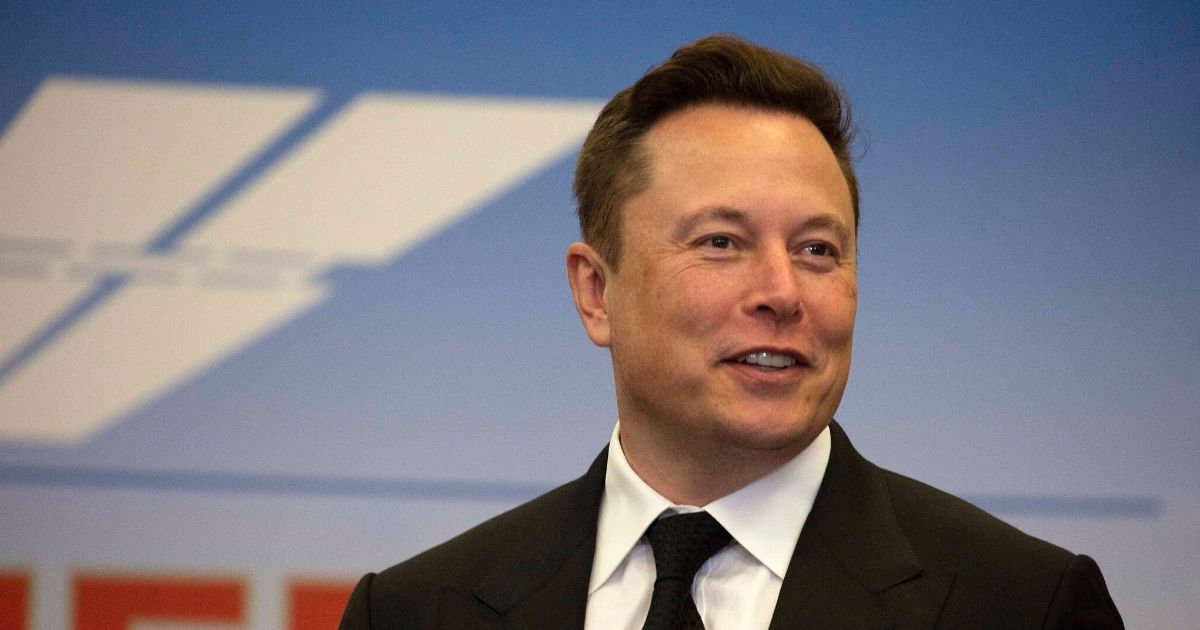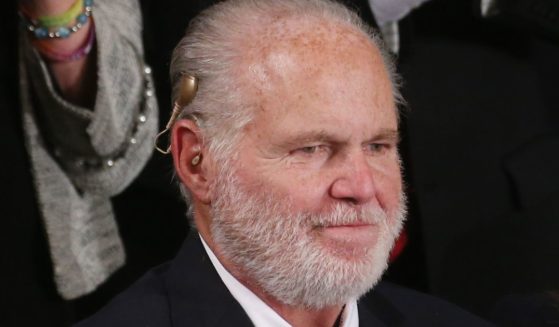
Op-Ed: Entrepreneurship During a Pandemic
For centuries, a sense of purpose has guided entrepreneurs as one of the main motivators in business.
As recent psychological research confirms, purpose and meaning are key drivers of entrepreneurship.
Furthermore, that study also found that the more potential entrepreneurs believe in their ability to live a meaningful life, reporting statistically higher levels of “existential agency,” the more it motivates them to pursue their goals and view entrepreneurship as helpful for solving societal problems.
The result of purpose-driven entrepreneurship is often the unleashing of creative and imaginative solutions to difficult problems — a dynamic embodied by business leaders all around the world who are being put to the test by the coronavirus pandemic.
One example of this comes from Fred Smith, the founder and CEO of FedEx.
In a recent Washington Post interview, Smith explained how the company has been dealing with the pandemic since early January, given that there are many FedEx employees in the city of Wuhan, China — the epicenter of the COVID-19. FedEx and its employees have been vital in transporting literal tons of personal protective equipment all around the world in their effort to support front-line health care personnel during the pandemic.
However, the company — and Smith himself — have been purpose-driven from the get-go. As documented by business historian Gary Hoover, the company was built from the ground up based on a paper from Smith’s college years.
Smith identified a problem to solve and had a clear purpose in building a business that could connect people and businesses all around the world, reducing the amount of time spent waiting to receive freight — both for final consumers and from a business-to-business perspective.
Other purpose-driven entrepreneurs include Southwest Airlines Founder Herb Kelleher, who told his employees that without his airline’s low fares, people would miss important events in their lives that they need to experience.
Similarly, an entrepreneur nicknamed “Kinko” founded a chain of copy shops that became worth more than $1 billion. While some saw the work as menial, “Kinko” saw it as a higher calling that enabled people to pursue goals with deep meaning. Without Kinko’s, people would not get the word out about their ice cream socials or be reunited with their lost dogs.
More recently, Hamdi Ulukaya, the founder of Chobani, spurred a yogurt revolution in the United States while at the same time employing refugees escaping brutal regimes abroad.
Seeing the opportunity to empower customers and enhance their customer experience through the internet revolution, Jeff Bezos started Amazon more than 20 years ago. It is now worth $1 trillion.
What does this all mean in our current crisis?
As Fred Smith’s example demonstrates, it means that supply chains are kept running and the essential economy is still moving forward. Purpose-driven entrepreneurs understand that American families and vast sectors of the economy depend on them.
On top of the important roles our health care professionals are playing, essential businesses are on the front lines of this crisis as well. In the middle of the vast unemployment claims being filled, many businesses are hiring to meet the increased demand in their sectors.
Even so, purposeful entrepreneurs are keeping their team members and customers safe — essential businesses are disinfecting surfaces constantly and measuring the temperature of employees regularly. Other leaders have extended their sick-leave policies and added a coronavirus hotline for employees in need of assistance or information.
Because so many entrepreneurs are purpose-driven, the meaning they derive from their businesses also translates into meaning and purpose in serving others through private donations.
Entrepreneurs like Bill Gates see the greater good as encompassing a much larger stakeholder group, which is why he has donated to seven different efforts to develop a vaccine.
Other entrepreneurs like Patrick Collison, Chris Sacca and Elon Musk are providing funds for Fast Grants, a project led by economist Tyler Cowen that is providing funding for scientists at academic institutions working on coronavirus-related projects in less than 48 hours. The project has already disbursed more than $22 million in grants within two months.
The most innovative, forward-thinking entrepreneurs can be purpose-driven without even recognizing it — purpose is simply in their DNA.
There will be plenty of lessons learned from the pandemic. Hopefully, we’ll be better prepared when the next public health crisis comes around.
But when we do meet that next challenge, purpose-driven entrepreneurs will be the resilient, adaptable and stakeholder-centered leaders we can trust to get us through it.
The views expressed in this opinion article are those of their author and are not necessarily either shared or endorsed by the owners of this website. If you are interested in contributing an Op-Ed to The Western Journal, you can learn about our submission guidelines and process here.
Truth and Accuracy
We are committed to truth and accuracy in all of our journalism. Read our editorial standards.
Advertise with The Western Journal and reach millions of highly engaged readers, while supporting our work. Advertise Today.











